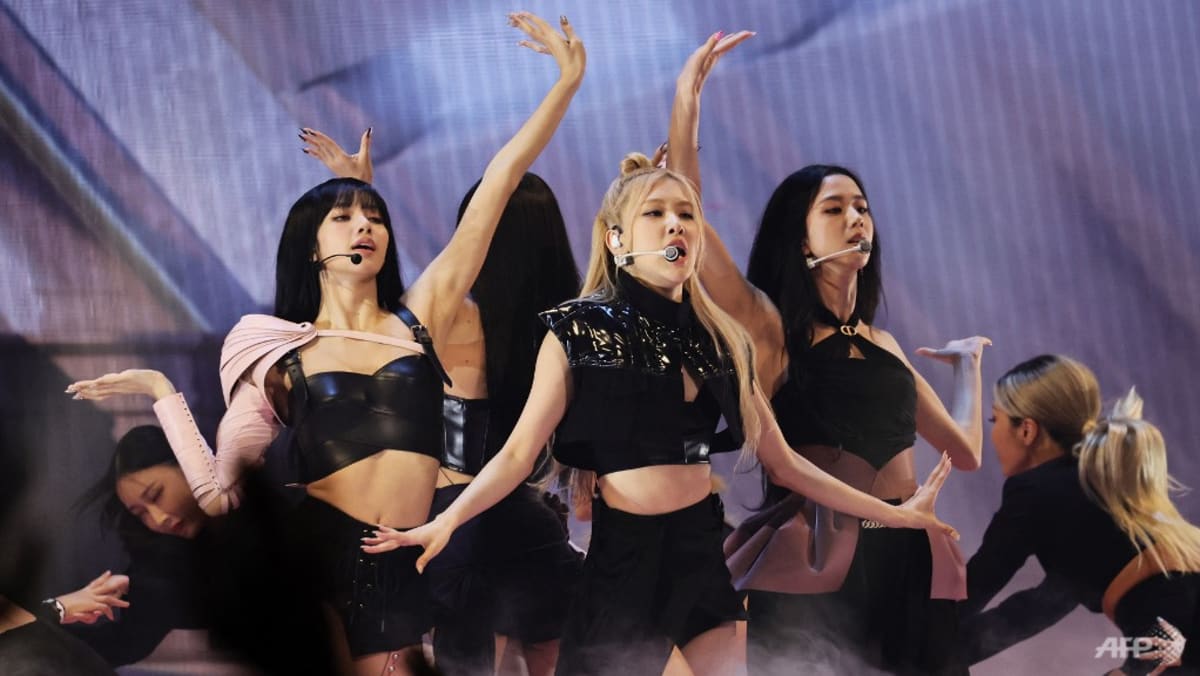
MAKING RESALE PLATFORMS SAFER
For one Maroon 5 fan, who only wanted to be known as Ms Khin, a misleading online search result led to her paying extra for tickets to the band’s November concert.
Viagogo, which touts itself as the world’s largest secondary marketplace for tickets, came up at the top of the results page when Ms Khin searched online for concert tickets. She did not realise she was buying from a reseller.
The 28-year-old bought two tickets on Viagogo for S$498.25, only to realise later that they were still available at the original price of S$172 each from the primary seller, Singapore Sports Hub.
The tickets that she received from Viagogo were also issued under the name of an unknown individual, “Michael Michael”, rather than her own.
In 2020, Viagogo was fined A$7 million (S$6.3 million) in Australia for making false or misleading representations to consumers that it was the “official” seller when reselling tickets for live events.
Asked whether any existing legislation in Singapore could protect consumers from ticket scalpers, Mr Daren Shiau of Allen and Gledhill pointed to the Consumer Protection (Fair Trading) Act (CPFTA).
There could be breaches of the CPFTA if the reseller misleads consumers that tickets are available at the “original price”, misrepresents that there is a price advantage for the tickets where there is not, or accepts payment even though the reseller is aware it will not be able to supply the tickets, he said.
“It can also potentially be a breach if resellers fail to disclose material information to the consumer, for example, that the tickets are resale tickets, to mislead consumers into believing that they are purchasing from the primary ticket provider,” added the corporate lawyer.
While concerns over full and accurate information about the resale nature of tickets may already be addressed under the CPFTA, there could also be “more clarity on the regulatory expectations” regarding the disclosures that resellers and resale platforms are required to make, said Ms Chen.
Additionally, Mr Xu suggested that Singapore consider the approach recommended by the United Kingdom’s competition watchdog, which involves laws targeting resale platforms.
The watchdog recommended that platforms prohibit sellers from listing more than the number of tickets they are legally allowed to obtain, and that platforms be strictly liable for incorrect information about tickets listed on their websites, according to Mr Xu.
“This approach would aim to take away the marketplace for the resale of illegally scalped tickets, which may be a more appropriate middle ground between banning ticket resales altogether versus having no restrictions whatsoever,” he said.
Assoc Prof Theseira agreed that there may be a case for more well-ordered resale markets, which are currently “rife with consumer protection and fraud issues”, but said that this may not be an area for the Government to step in.

